What Exactly Is Over-Exercising?
In the age of social media, we’ve been told that more is more when it comes to exercise. But are we doing more harm than good? ROSE GARNETT investigates the over-exercising phenomenon and how to tell if your body needs a break.
Content warning: This story makes reference to body image issues and eating disorders and may be difficult for some readers. If you or anyone you love is in crisis or needs support right now, please call Lifeline on 13 11 14. You can also contact the Butterfly Foundation on 1800 HOPE.
For many of us, the importance of moving our bodies has been drilled into us for as long as we can remember. Whether it was swimming lessons at two-years-old or being in charge of walking the family dog at ten, exercise has always been revered as an essential part of living a healthy, balanced lifestyle. And we aren’t here to argue that sentiment.
However, as social media has taken hold over the last 10 years, the rhetoric around exercising has become less about caring for your body from the inside out and more about how it makes the body look. Comparison is at an all time high and there is a new air of competitiveness on what were once meant to be platforms to keep in touch with your nearest and dearest. As such, body image issues, eating disorders and over-exercising have continued to rise and misinformation around what is ‘healthy’ and ‘unhealthy’ is rampant. We don’t blame you for having no idea where to look or who to trust.
But what seems to have gotten lost in translation as social media platforms have taken hold is the individualised nature of health, exercise and wellness. No two people are the same, nor are their needs and, as such, promoting a one-size-fits-all approach to fitness can be seriously damaging. Echoing this sentiment is Founder of Peaches Pilates, Tori Clapham, and Strength & Conditioning Coach, Educator and Creator ofTraining2Xl, Alena Luciani MSc, CSCS, Pn1. Here, they share why more isn’t necessarily better when it comes to moving your body.
What Is It?
“Over-exercising equates to the over-training of the body and not allowing yourself adequate rest and recovery time,” says Clapham. “It often leads to injury, fatigue, mood swings, hormonal changes and even a delay in your desired results.” As with everything health-related, the definition of over-exercising will look different for everyone but many fitness instructors and experts are finding that, despite a move to a more holistic approach to health and wellness in the 2010s and ‘20s, there is still an underlying element of exercise as punishment of the body rather than nourishment.
Luciani adds: “I definitely think that social media has played a role in the ‘more is better’ attitude in the fitness industry. There is a lot of misleading information out there and it’s important that each individual look at things with a critical eye to find something that would be suitable for them.”
On top of the obvious hormonal differences in each individual that can contribute to how much exercise the body can handle, there are a number of factors that play into whether a routine is considered rigorous or dangerous. And it can be a fine line.
“Over-training is certainly going to look different for everyone,” says Clapham. “At the very basic level, there are things like the muscle and testosterone differences in males and females, pregnancy hormone changes and those who might be dealing with a chronic illness or genetic condition.” Of course, mental health and capacity also play a role (and should not be underestimated), with how much exercise our bodies can handle changing depending on what is going on in our lives.
“Ultimately, we need to consider both the physical and mental bandwidth of a person when looking at the ideal energy and expenditure of their lifestyle,” says Clapham.
How Can You Tell If Your Body Needs A Break?
Learning to understand the signals our bodies send is imperative to discovering where our exercise limit is. “Some signs of over-exercising may include prolonged soreness (being sore for more than 72 hours after a particular workout), irritability, lack of motivation or drive, interrupted sleep and increased stress response,” says Luciani. “Sometimes the signs are easy to miss, so it’s important to become in tune with your body and what’s trying to tell you.”
Over-exercising can also significantly increase the stress hormone, cortisol, in the body which can lead to hair loss, acne, severe bloating and exhaustion. As a general rule, if you’re dreading exercise or feel like it takes you days to recover after, it may be time to reevaluate how your routine is working for you.
And the effects of over-exercising extend beyond short-term exhaustion or irritability. “In the long-term, you can end up with an injury that takes months or years to recover from and even experience harmful hormonal changes such as amenorrhea, which is the absence of menstruation and a worrying phenomenon when it comes to fertility,” says Clapham.
A Recipe For Rest
The middle child of a fitness routine (read: often forgotten and underestimated), rest is vital in getting the full benefits of a healthy lifestyle. After all, wellness is never going to be a fast-tracked journey. It is the accumulation of good habits which eventually form a lifestyle.
“Our good friend science has proven time and time again that exercise is imperative to good health, disease prevention, robust mental health and ideal energy levels,” says Clapham. “If we aim to move our bodies most days, in a way that suits us on that particular day, we are doing a good thing. But it is also important to take the time to properly rest and recover to ensure you are both taking care of yourself but also that you’re reaping the full benefits of a consistent exercise routine.”
On top of this, rest is a non-negotiable when it comes to preventing burnout. “Over-exercising can lead to burnout which affects both physical and mental health,” says Luciani. “With increased and prolonged stress, it can be very challenging for an individual to achieve their goals–whether that is a health-related goal or other.”
So, take this as your sign to tune in and stop the comparison. What works for you might not work for your friend/sister/colleague. And, at the end of the day, exercise should make us feel our best.
Photography: Kristina Yenko
What Exactly Is Over-Exercising?
In the age of social media, we’ve been told that more is more when it comes to exercise. But are we doing more harm than good? ROSE GARNETT investigates the over-exercising phenomenon and how to tell if your body needs a break.
Content warning: This story makes reference to body image issues and eating disorders and may be difficult for some readers. If you or anyone you love is in crisis or needs support right now, please call Lifeline on 13 11 14. You can also contact the Butterfly Foundation on 1800 HOPE.
For many of us, the importance of moving our bodies has been drilled into us for as long as we can remember. Whether it was swimming lessons at two-years-old or being in charge of walking the family dog at ten, exercise has always been revered as an essential part of living a healthy, balanced lifestyle. And we aren’t here to argue that sentiment.
However, as social media has taken hold over the last 10 years, the rhetoric around exercising has become less about caring for your body from the inside out and more about how it makes the body look. Comparison is at an all time high and there is a new air of competitiveness on what were once meant to be platforms to keep in touch with your nearest and dearest. As such, body image issues, eating disorders and over-exercising have continued to rise and misinformation around what is ‘healthy’ and ‘unhealthy’ is rampant. We don’t blame you for having no idea where to look or who to trust.
But what seems to have gotten lost in translation as social media platforms have taken hold is the individualised nature of health, exercise and wellness. No two people are the same, nor are their needs and, as such, promoting a one-size-fits-all approach to fitness can be seriously damaging. Echoing this sentiment is Founder of Peaches Pilates, Tori Clapham, and Strength & Conditioning Coach, Educator and Creator ofTraining2Xl, Alena Luciani MSc, CSCS, Pn1. Here, they share why more isn’t necessarily better when it comes to moving your body.
Photography: Kristina Yenko
What Is It?
“Over-exercising equates to the over-training of the body and not allowing yourself adequate rest and recovery time,” says Clapham. “It often leads to injury, fatigue, mood swings, hormonal changes and even a delay in your desired results.” As with everything health-related, the definition of over-exercising will look different for everyone but many fitness instructors and experts are finding that, despite a move to a more holistic approach to health and wellness in the 2010s and ‘20s, there is still an underlying element of exercise as punishment of the body rather than nourishment.
Luciani adds: “I definitely think that social media has played a role in the ‘more is better’ attitude in the fitness industry. There is a lot of misleading information out there and it’s important that each individual look at things with a critical eye to find something that would be suitable for them.”
On top of the obvious hormonal differences in each individual that can contribute to how much exercise the body can handle, there are a number of factors that play into whether a routine is considered rigorous or dangerous. And it can be a fine line.
“Over-training is certainly going to look different for everyone,” says Clapham. “At the very basic level, there are things like the muscle and testosterone differences in males and females, pregnancy hormone changes and those who might be dealing with a chronic illness or genetic condition.” Of course, mental health and capacity also play a role (and should not be underestimated), with how much exercise our bodies can handle changing depending on what is going on in our lives.
“Ultimately, we need to consider both the physical and mental bandwidth of a person when looking at the ideal energy and expenditure of their lifestyle,” says Clapham.
How Can You Tell If Your Body Needs A Break?
Learning to understand the signals our bodies send is imperative to discovering where our exercise limit is. “Some signs of over-exercising may include prolonged soreness (being sore for more than 72 hours after a particular workout), irritability, lack of motivation or drive, interrupted sleep and increased stress response,” says Luciani. “Sometimes the signs are easy to miss, so it’s important to become in tune with your body and what’s trying to tell you.”
Over-exercising can also significantly increase the stress hormone, cortisol, in the body which can lead to hair loss, acne, severe bloating and exhaustion. As a general rule, if you’re dreading exercise or feel like it takes you days to recover after, it may be time to reevaluate how your routine is working for you.
And the effects of over-exercising extend beyond short-term exhaustion or irritability. “In the long-term, you can end up with an injury that takes months or years to recover from and even experience harmful hormonal changes such as amenorrhea, which is the absence of menstruation and a worrying phenomenon when it comes to fertility,” says Clapham.
A Recipe For Rest
The middle child of a fitness routine (read: often forgotten and underestimated), rest is vital in getting the full benefits of a healthy lifestyle. After all, wellness is never going to be a fast-tracked journey. It is the accumulation of good habits which eventually form a lifestyle.
“Our good friend science has proven time and time again that exercise is imperative to good health, disease prevention, robust mental health and ideal energy levels,” says Clapham. “If we aim to move our bodies most days, in a way that suits us on that particular day, we are doing a good thing. But it is also important to take the time to properly rest and recover to ensure you are both taking care of yourself but also that you’re reaping the full benefits of a consistent exercise routine.”
On top of this, rest is a non-negotiable when it comes to preventing burnout. “Over-exercising can lead to burnout which affects both physical and mental health,” says Luciani. “With increased and prolonged stress, it can be very challenging for an individual to achieve their goals–whether that is a health-related goal or other.”
So, take this as your sign to tune in and stop the comparison. What works for you might not work for your friend/sister/colleague. And, at the end of the day, exercise should make us feel our best.


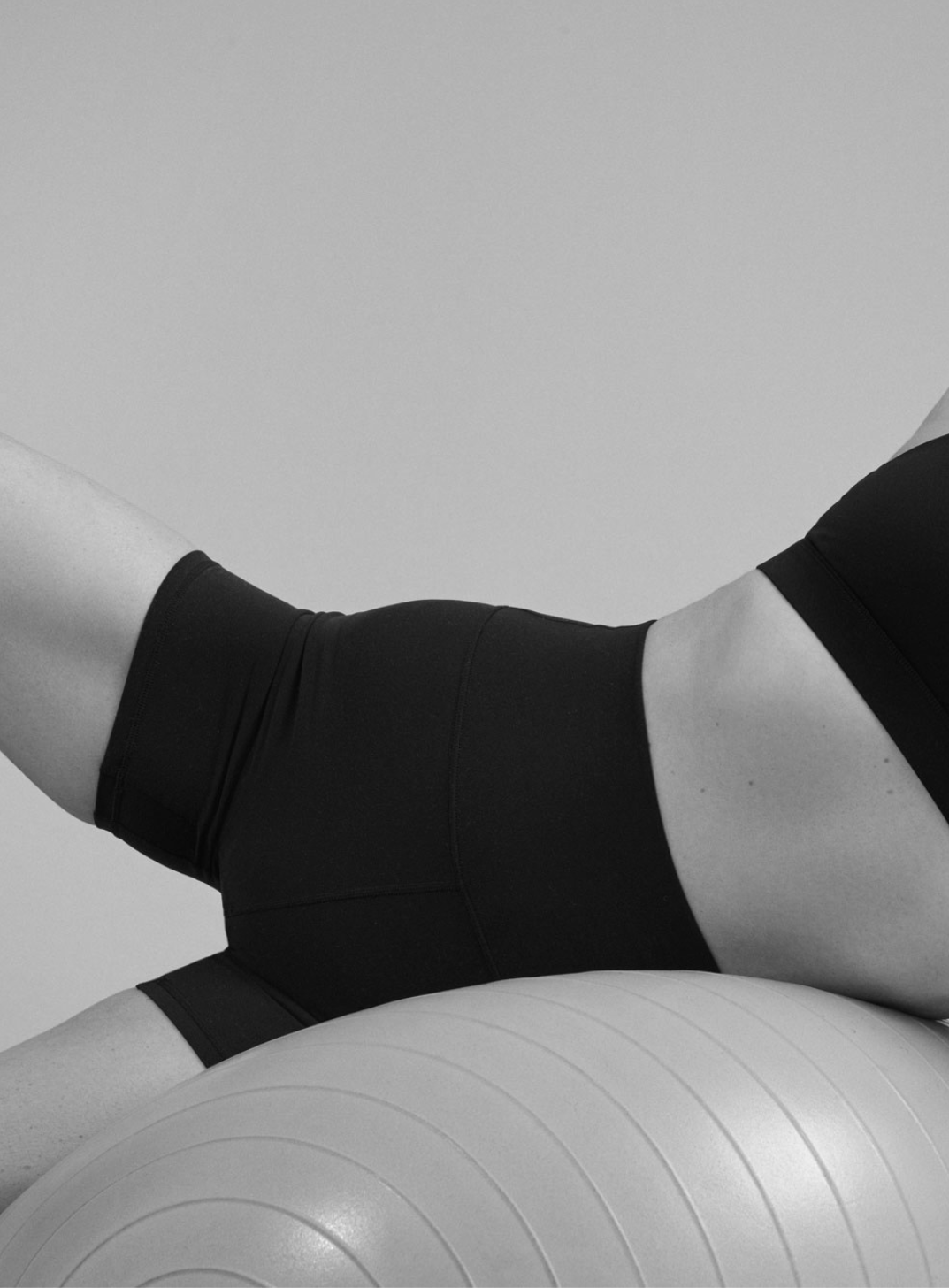
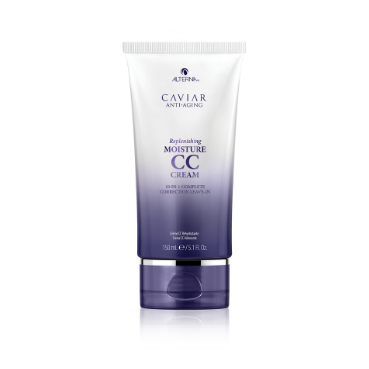
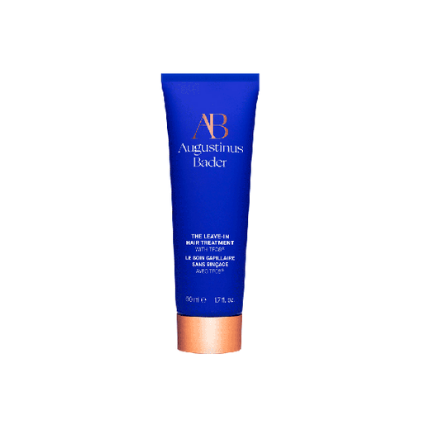








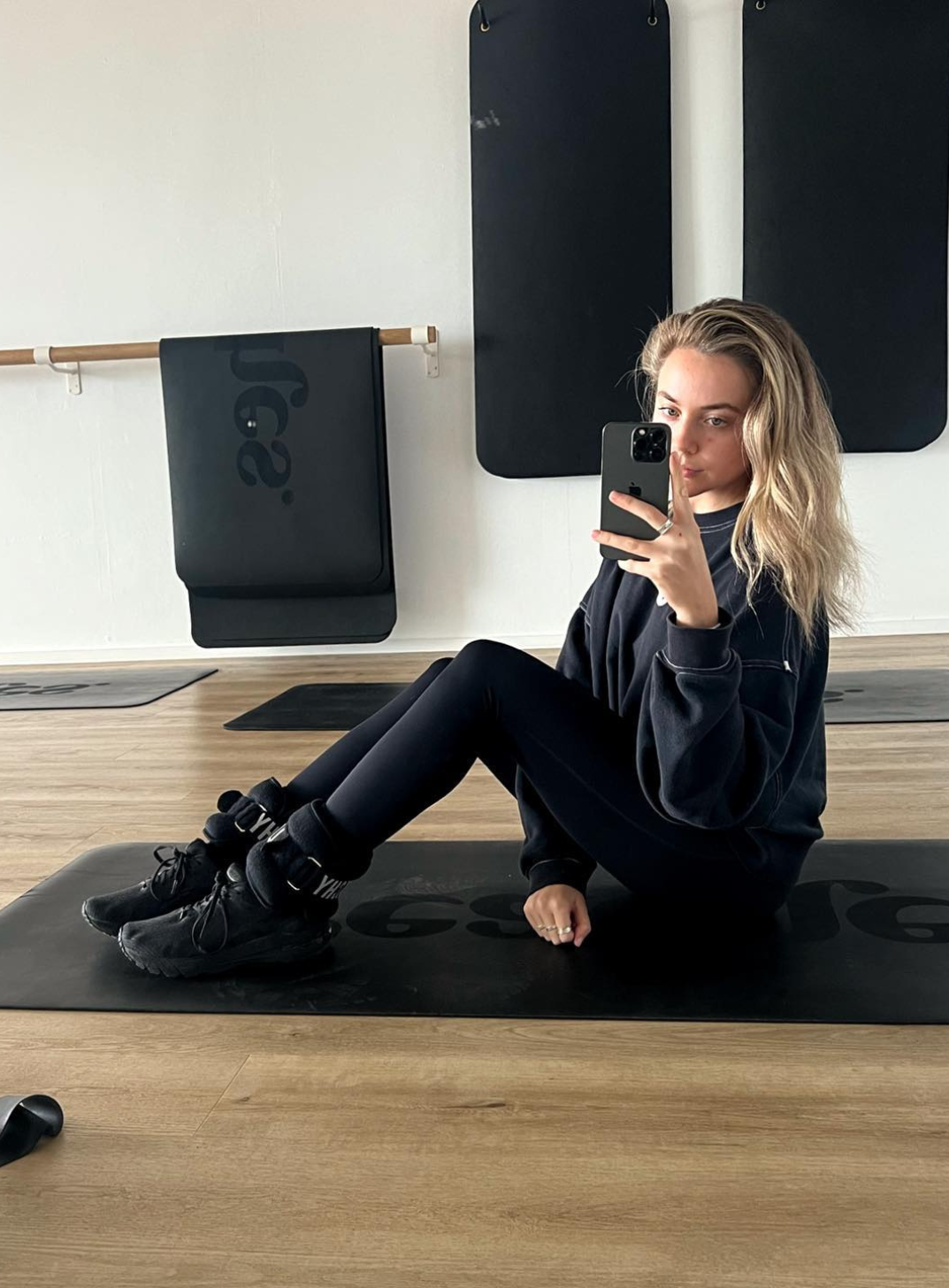
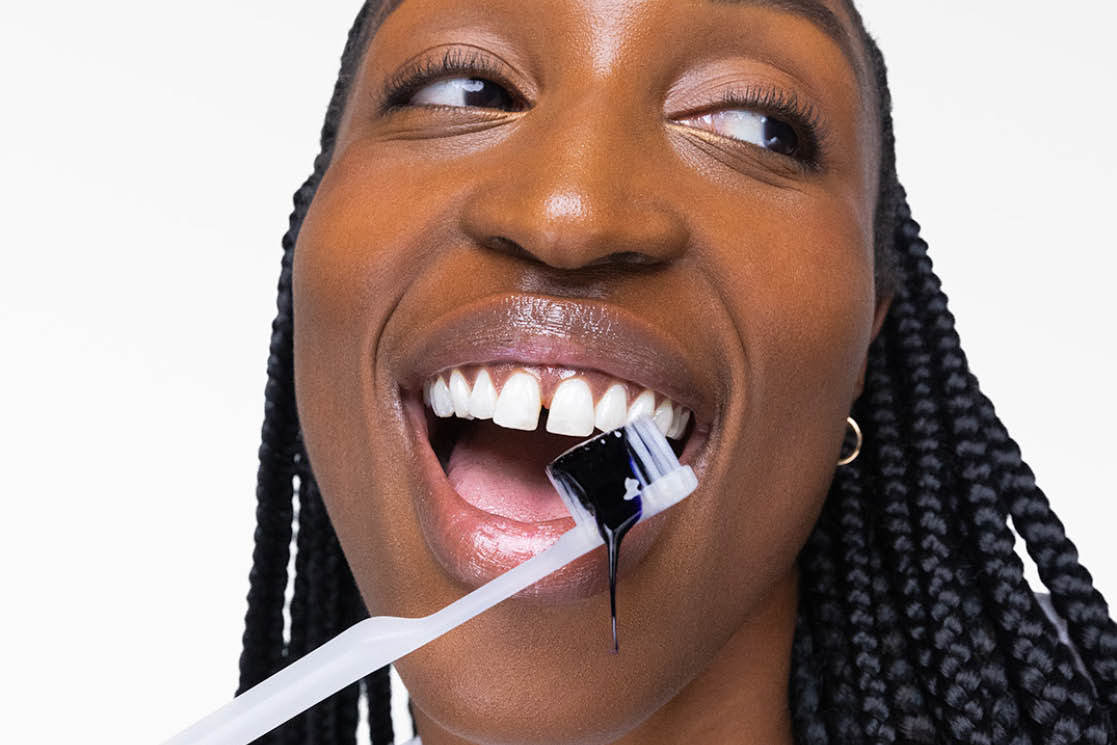

Comments